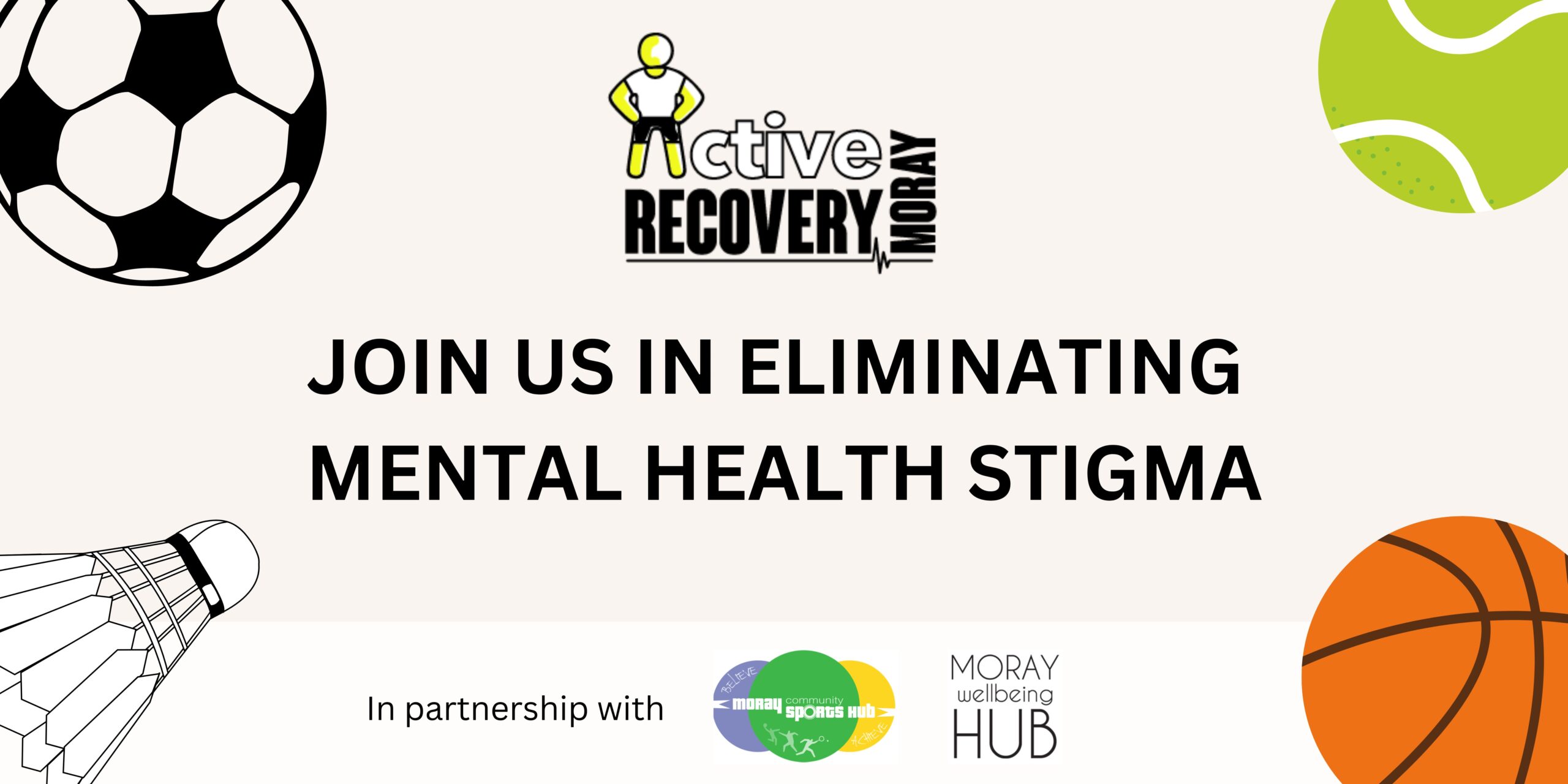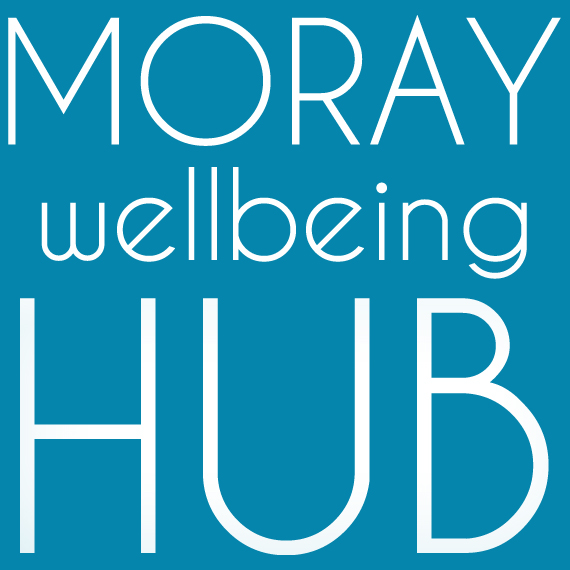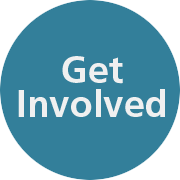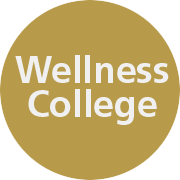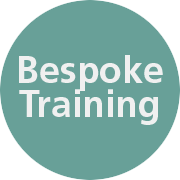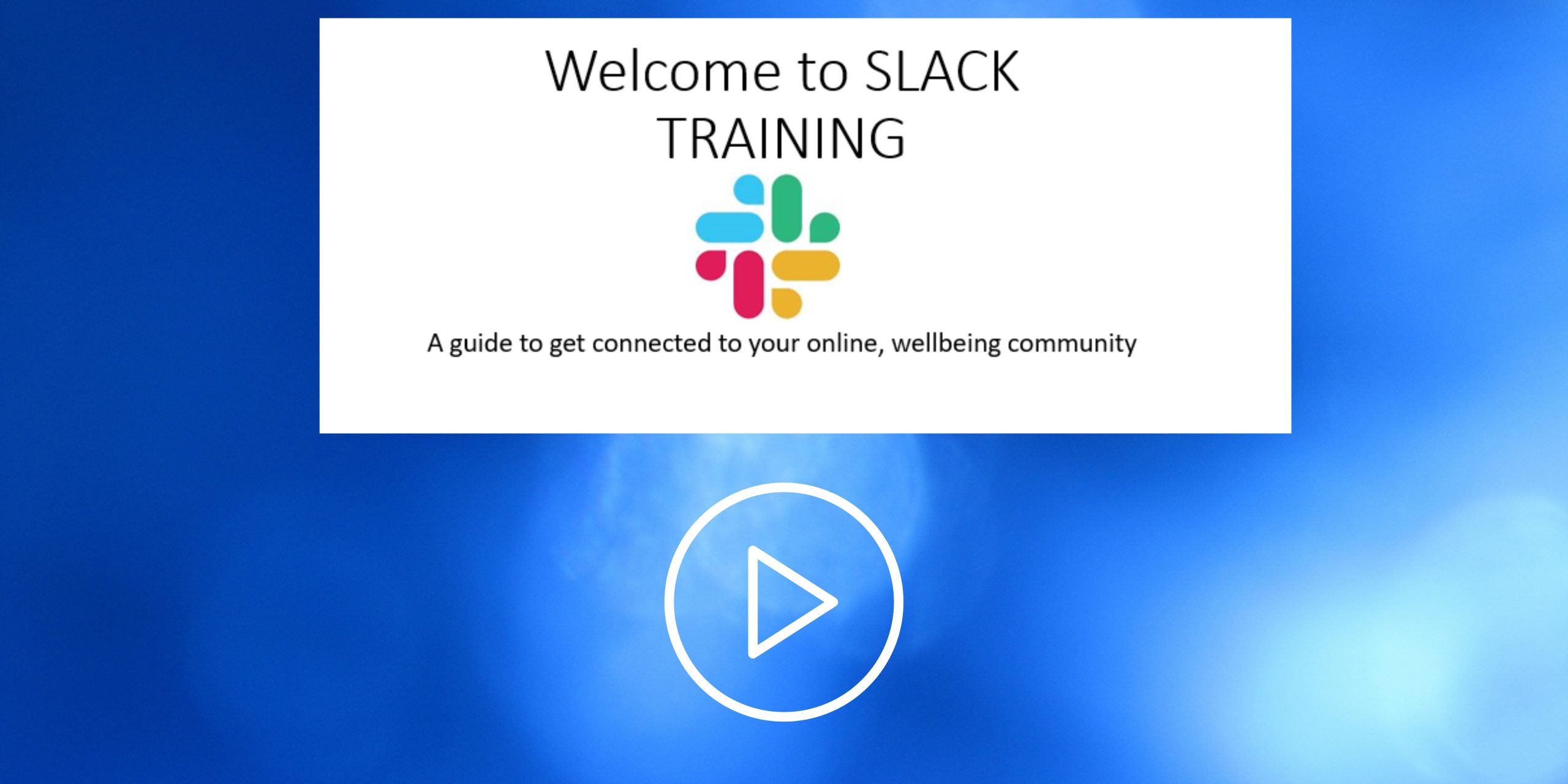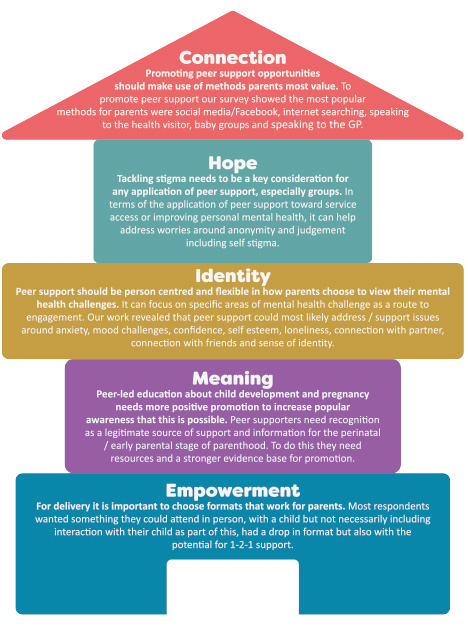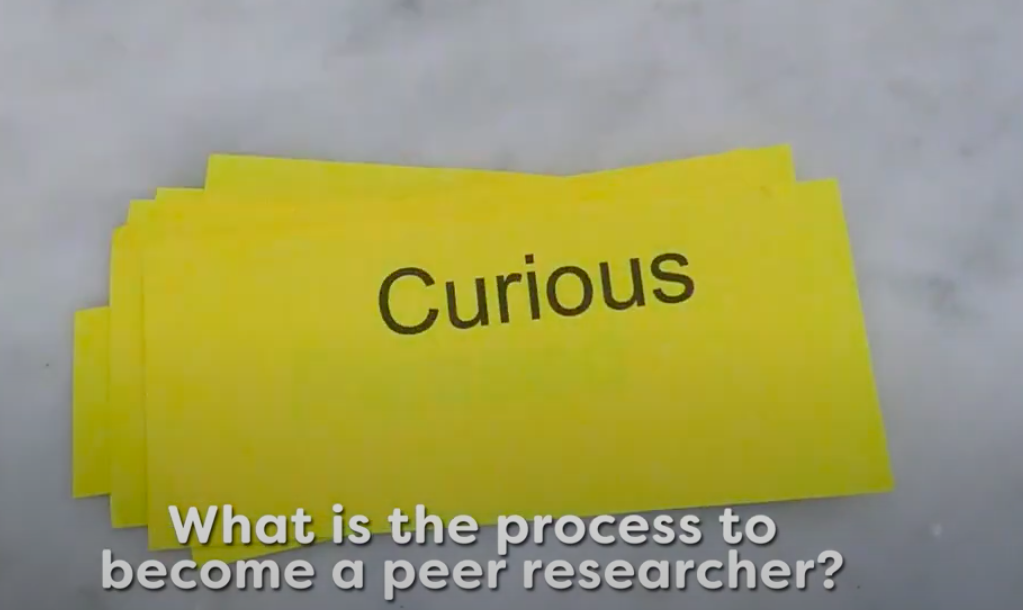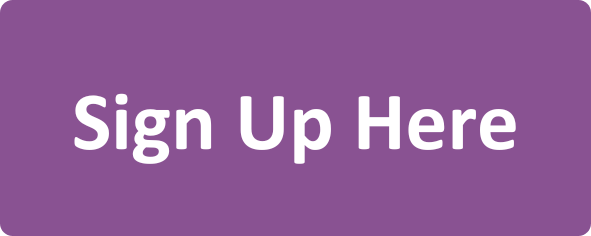Projects & Partnerships
Below you'll find details of our latest projects and partnerships here at the Hub!

This project aims to gather collective voice in Moray around mental health and drug and alcohol recovery supports and services, placing Moray Wellbeing Hub as a ‘critical friend’ to statutory services and aiding evaluation of delivery.
Here you will find our most up to date collective voice reports. These have been reviewed by Moray Health and Social Care Moray as being suitable to share publicly. Click on the image to download the report.
If you would like to contribute please complete this form to share your views or contact us for a chat with one of our Champions here.
Background:
Since 2022 Moray Health and Social Care Partnership (HSCM) and the Moray Drug and Alcohol Partnership (MADP) have resourced Moray Wellbeing Hub (MWH) to support the vital role of lived and living experience in the ongoing delivery and development of local services. This resource is used in parallel with direct funding MWH has leveraged for active citizenship, self-management and peer-research, with the ambition of making lived and living experience core to delivery of improving the mental health of Moray.
Since February 2023 this information is then shared directly through HSCM and MADP to delivery partners via a bi-monthly collective voice report and verbally in strategic groups. The ambition was to also create a version for use by the public via the MWH website. In February 2024 the public report was created and this webpage followed soon after.

Collaboration for Mental Wealth in Moray: A Community Research Network
Hosted by Moray Wellbeing Hub, this network is a collection of partners from the community of Moray (and immediate surrounding areas) who are researching what works well in creating mental wealth in Moray through the co-creation of solutions and community-driven action. Partners include: Digital Health & Care Innovation Centre (DHI), Networks of Wellbeing (NOW), Moray Art Development Engagement (MADE), tsiMORAY, Science Ceilidh, Arrows and The Three Kings Cullen Association.
Our network’s defining feature is the mobilisation of knowledge held by Moray’s diverse rural community to create and sustain mental wealth for all. By connecting, empowering, and supporting collaboration across the network, we will continue to explore, test and assess new approaches which will stimulate community engagement in research.
Watch our film about the Community Research Network and its initial work in 2023 by clicking on the image below.

The network’s focus areas are being co-produced aligning with the needs of community and civil society. To date the CRN has:
- hosted workshops and exhibitions to inform public understanding and gain insights from the community
- fed into development processes underway for improving mental health and wellbeing in Moray
- engaged with organisations in Moray and neighbouring areas to develop the network and stimulate collaboration with the network as it grows.
- applied for funding
- Co-created with the community of Moray, a 'Challenges, Ideas and Where We Go From Here' Paper. Accessible by clicking on the image below.
For queries or requests please email hello@moraywellbeinghub.org.uk
The network's initial expression of interest phase in 2023-2024 was funded by Innovate UK, part of UK Research and Innovation (UKRI), the work is led by Moray Wellbeing Hub and the Digital Health and Care Innovation Centre.

Access to digital health and social care services, and in particular online supports for mental health and wellbeing is still a problem in many rural areas like Moray. As individuals struggle to access services such as ALISS, Discover Pathways to Wellbeing Moray, NHS Inform, appointments, peer support groups and wellbeing apps their mental wellbeing is further impacted.

Moray Wellbeing Hub has an ambition to ensure that no citizen’s of Moray face digital exclusion and are also included in the design of services and supports. We are always advocating for lived and (or) living experience voices to be heard at all levels. We want to ensure that no citizen's of Moray faces digital barriers to accessing health and social care services by offering support to build confidence and skills on navigation of these platforms.
How we are doing this:
-
Weekly drop-ins across the 4 localities of Moray (details of where to find us are on our wellness college calendar and on our social media).
-
1:2:1 support and digital wellbeing reviews by appointment.
-
Workshops and training for all citizen’s of Moray and bespoke training for workforces to support employees and those who they support. (details of current opportunities are on our wellness college calendar and on our social media).
-
Resources for you to use time and time again.
-
Devices and connectivity distribution for those requiring devices to access health and social care services who meet the criteria of the referral form. **We are now accepting referrals from organisations for devices allocated to community members in Moray. **Click here to complete the referral form.
-
Building a network of Digital Champions to support each other as peers not experts. (see more about this below)
“Digital inclusion means ensuring that everyone has the opportunity to develop their skills and confidence and can access an appropriate device and connectivity to do the things they want to do online.“ - TEC
The project aims to build both community capacity as well as help individuals to gain increased confidence and ability to make use of digital supports for wellbeing and has funding till December 2024 from the Digital Pioneers Mental Health Fund administered by SCVO.
If you would like to get involved or find out any more information about any of opportunities please email - hello@moraywellbeinghub.org.uk
Become a digital Champion!
We are always on the look out for Digital Champions as we aim to build a supportive network of peers.
What is a Digital Champion?
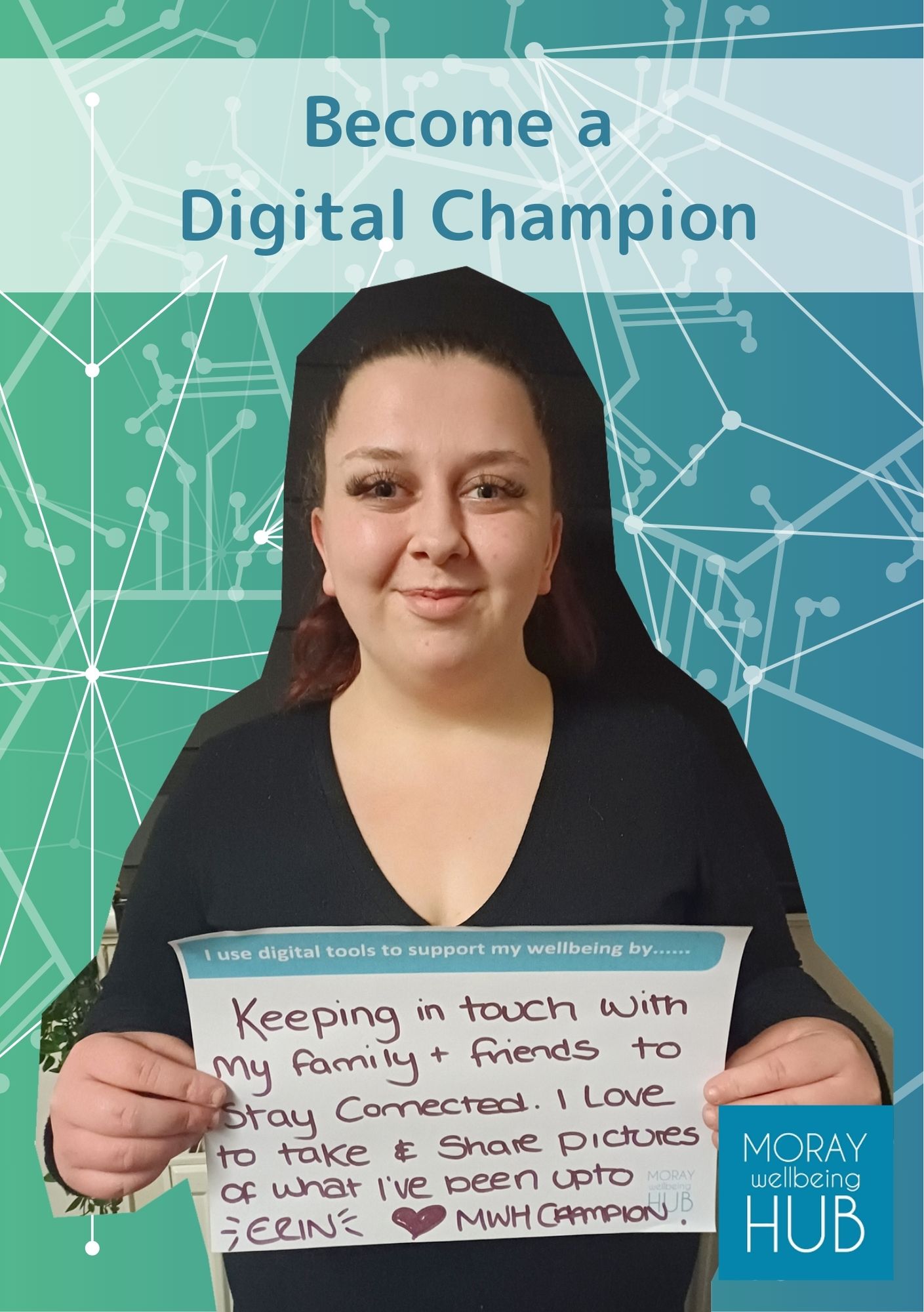 A digital champion is an individual who promotes and shares their knowledge, skillset and passion for digital inclusion with others such as family/friends, Colleagues and peers. As a digital champion you will support others as peer not an expert on their digital learning journey.
A digital champion is an individual who promotes and shares their knowledge, skillset and passion for digital inclusion with others such as family/friends, Colleagues and peers. As a digital champion you will support others as peer not an expert on their digital learning journey.
Who can be a digital champion?Anyone can be a digital champion! You do not need to be a digital guru or expert with any specialist qualification. You will receive peer support and training opportunities to support your own personal growth and development. All you need is enthusiasm to support others by sharing what you already know, and a willingness to learn together along the way.
Why would I want to be a digital champion?
Digital champions will connect with their peers to empower them to self-manage, using digital tools, resources and apps more effectively. This will support and increase Moray citizen’s knowledge, confidence, understanding and motivation to use digital devices, platforms and connectivity.
Where would I be expected to attend as a digital champion?
What you offer and commit to is up to you, there is not any requirement for you to commit a specific amount of time and or energy. Digital champions can offer support in the form of; 1:2:1 support, online, training workshops in groups and workplaces, digital drop-ins and these can be done in a mixture of settings both virtually online, over the phone and in-person.
How do i find out more information and become a digital champion?
Email - hello@moraywellbeinghub.org.uk
Phone - 07721 526141
Social Media - https://www.facebook.com/moraywellbeinghub
Contact us using one of the above methods and a member of the team will be in touch to explore and navigate the options with you.
Look after your wellbeing with digital self management tools:
Click on the video 'Online digital apps' to learn more about tools and resources that you can use to support your own mental health and wellbeing.
You can use the QR codes within the video for direct access to online apps like NHS INFORM, NEAR ME and SLEEPIO.
Want to learn more about NEAR ME? Check out the resources here.
Check out a visual guide to getting started on Slack with this short slack training. At Moray Wellbeing Hub we use Slack as a digital community space where we connect, chat and share information and support as Champions.

Exploring what works well to support mums and dads from pregnancy through the first few years of their child’s life, this project aimed to boost the mental health of those involved, and create learning to help improve the services of the future in Moray.
Focusing on the support parents can give one another, this year-long project has seen events, groups and surveys hosted by Moray Wellbeing Hub CIC with partners Children 1st and Moray College UHI. Fronting the activity has been a group of parents supported with training and mentoring to lead the project as peer-researchers. They have heard the voices of experience including some of those seldom heard.
Parents initiated the project as part of a group of Champions, members of the social movement for change hosted by Moray Wellbeing Hub, “When I had mental illness, I felt fearful that I was letting my child down when they were born. I wanted to know things would be ok, I was terrified, and professionals could not do everything to reassure me. I wish I had the right peer-support then as I have now through being a Champion and parents groups. It can be better, and I think we can do it together.”
Mental health challenges in pregnancy and while caring for infants can be stigmatised, both for mothers and fathers, which can stop people getting the help they need to get better. This not only affects parents but their infants and their wider family. Peer-support, where those who have experienced similar challenges support others, has been shown to be successful for many people in improving their sense of connection, hope and empowerment.

Peer-Support: What's that?
Great well-being is best described as having CHIME:

Connection, Hope, Identity, Meaning, Empowerment.
The key to creating CHIME are others. Humans are social beings and we need each other. This looks like a network of support; people giving and receiving.
This is also known as peer support, where people, connect with each other through shared similar experiences (and support each other).
To understand more watch this short animation:
How can I get involved in growing peer support in Moray?
Join us through Peer Support in Moray! Moray Wellbeing Hub is just one of a group of partners keen to help alongside SAMH and Scottish Recovery Network .
Together, since 2022, we have hosted network events to help empower and connect those offering peer-support directly. In 2023 this expanded to those who help make peer-support possible such as managers, leaders and employers. For future events check out the Moray Wellness College pages.
The events were made possible with funding support from the Moray Communities Mental Health and Wellbeing Fund.

If you have experience of drug and alcohol support services, directly or as a supporter, we welcome you to join our friendly panel!

Join us to explore how we can continue to contribute and shape actions to support recovery in drug and alcohol use in Moray in 2024 and beyond.
Joining the Lived / Living Experience Panel
Who is welcomed to join?
- Individuals with lived / living experiences related to drug and alcohol challenges. This extends to family, friends and supporters too.
- Those who also hold professional support roles can attend if peers. They must be candid about their role and may not be able to attend all sessions if there is a conflict of interest. For transparency they will introduce themselves each session to remind of this role.
What is the time commitment?
- 6 weekly online meetings 6.30-7.30pm
- Once quarterly in person development sessions
- You don’t need to attend everything
How often can new people join?
- Anytime - The group is open to new members.
- Sign up and before you attend a Moray Wellbeing Hub team member will help you get up to speed before you meet the other members.
A&D LLE Panel Resources:
-
Jargon Jar: Handy glossary of common terms and language https://moraywellbeinghub.org.uk/wp-content/uploads/2024/08/Jargon-Jar-Glossary-for-AD-LLE-panel-members.pdf
-
Training opportunities: List of some key training to support panel members https://moraywellbeinghub.org.uk/wp-content/uploads/2024/08/Training-oportunities-for-AD-LLE-panel-members.pdf
-
Terms of Reference & Group agreement: Our guiding document as a panel - A and D LLE panel Group Agreement and Terms of Reference (1).pdf

ICON Families in Moray
To contact us, email: iconfamilies@moraywellbeinghub.org.uk
What is ICON Families Moray and why does it exist?
ICON FAMILIES MORAY are a group of people who meet online every six to eight weeks. Our members have a personal or professional interest in making a difference for neurodiverse families by sharing information, promoting wellbeing and raising awareness within the group.

The meetings are very friendly, relaxed and accessible to all as long as you have access to the internet, you just follow the link. (Moray Wellbeing Hub can offer support to get you digitally connected if this is a barrier to you. Please email hello@moraywellbeinghub.org.uk and ask for digital support.)
The meetings provide updates on what is happening and discussion on how to move this project forward. If you have an interest in this you would be most welcome. (Times and dates of the next meeting are published at the top of this page).
Our aim is to share information and make connections. We hope that this can provide mutual support and to be better information for families and professionals working in this field.
Often there is an assumption that a neurodiverse condition implies mental health concerns or difficulty accessing opportunities that others may have. We know this is not always the case. We seek to actively promote opportunities and wellbeing for all.
Recently the focus has been centred around the context of Autism but we would encourage participation from all neurodivergent, including neurotypical people, to better understand and support each other and our families.

We would love to hear from you whether you:
- would like to share your experience
- have a service or skill to offer
- wish to ask for advice
- add to the body of knowledge that we already have
We know how hard it is to have time and opportunity to share with others and we hope that this project will enable us to collaborate in a positive space.
We are:
• a place where voices are heard
• a mixed group who represent a variety of services and experiences
• a central point of contact to gather and share information
• a group with knowledge and/or lived experience of neurodiversity
• a group who can listen to and talk to others
• part of a network – a way of linking with other support groups and policy-holders
• willing to participate in projects
We communicate by:
• Sharing updates about members’ networks
• Reading and responding to ICON Families emails
• Meeting to share information and provide updates for all
• Sharing minutes and actions from meetings
• Posting information to ICON Families page
We aim to:
• Be accessible and inclusive to all members
• Work within the terms of reference and values of the group
• Take an active part in running the group
• Share our knowledge with others
• Follow our terms of reference
Who do we connect to:
- Moray Autism Service
- Parent volunteers with lived experience of Autism and Neurodiversity
- Moray Wellbeing Hub CIC
- Circles Advocacy
- ARGH
- Grampian Autistic Society
- Autism and Neurodiversity Scotland
- Moray Council
- Moray Autism Service
- Moray Educational Psychology
- Moray Social Services
- Moray Early Years Education Service
- Quarriers Carer Support Service (Moray)
Who are we?
Senior Educational Psychologist
Representing the Moray Council Educational Psychology Service (EPS). EPS support wellbeing, teaching and learning and social inclusion for all learners in Moray. Working in partnership with education providers, other support services and families to meet need through roles such as training and consultation.
Aberlour Options
Aberlour Options Moray provides short break and residential services for children and young people with learning disabilities and autism.
The Moray Autism Service
Moray Autism Service (MAS) currently has two key roles:
1. MAS - The Enhanced Provision - This department is based in Elgin and provides Education for a small number of profoundly Autistic pupils with complex needs.
2. MAS - Support to schools – Accessed through the Moray Child Planning and a referral process, this service provides consultation and targeted programmes of support to individuals or groups to schools.
Moray Wellbeing Hub
Moray Wellbeing Hub hosts of social movement for the voice of lived experience of mental health challenges in Moray. Currently administer the partnership by maintaining this webpage as part of supporting communications.
Quarriers
As one of Scotland's leading social care charities, we provide practical care and support for children, adults and families, challenging poverty and creating opportunities for positive change.
Latest News
Dates for your diary
Next ICON Meeting: TBC
National Autistic Society offers information for people with Autism, including Asperger's Syndrome, aged 18 years and over. Call the national helpline to find out about local groups.
National Post Diagnostic Support Service
Autism Rights Group Highland, funded by the Scottish Government to provide two courses on an ongoing basis as part of the National Post Diagnostic Support Service. One course is available to autistic people (18+) who have received an autism diagnosis within the last five years. The other course is available to parents of autistic children (under 18) whose children have received their autism diagnosis within the last five years.
Creating change need not be a massive commitment, we can all make a difference with these small steps & top tips!

After 2022's success with the first ever Walk of Hope in Moray, we hope you can join us in the lead up to this year's Suicide Prevention Awareness Week 2023 at one or more of our four walks. We will walk in the early hours seeing in the dawn together and finding hope around suicide. The aim of the events is to bring people of all ages from across Moray together (under 16 accompanied by an adult) to walk into the light.
Join us for a Walk of Hope, September 2023, from 5.40am-7.10am - all welcome.
-
2nd Sept Elgin
-
3rd Sept Forres
-
9th Sept Fochabers
-
10th Sept Lossiemouth
Register for the event here and keep up to date with location meeting points
This will be a walk to remember those people we have lost to suicide. A walk to support those living with suicidal thoughts and stand in solidarity with them. A walk of companionship and consolidation, of compassion and awareness raising.
We will gather in each of the locations (meet up point will be confirmed post booking) at 5:40am in the morning and make our way for a commemorative and reflective walk, combining the power of silence and the power of sharing.
As hosts to the gathering, Moray Wellbeing Hub will provide walk facilitators who are mental health first aid trained who will help to guide the walk and support any sharing, as well as signpost to local supports. We will also be joined by a variety of partners from the North East Suicide Prevention Working group. Together we also hope to provide refreshments post walk - TBC.
A Walk of Hope is free to attend, however the final details for those wishing to join will be made available by email to those registering online to ensure that sufficient planning can be in place.
These events have been made possible with funding from The National Lottery Community Fund, made possible by National Lottery players.

About the network:
Who we are
This network is a coming together of individuals, organisation's and services with a shared goal; the practice and promotion of peer support across all communities in Scotland. We all bring our unique experiences, identities and responsibilities, coming from diverse backgrounds and communities. Building on this experience, which will grow as this network grows, we will facilitate, share good practice, & support the supporters, ensuring that peer in Scotland can grow and develop.
Our aim
It is our aim to create a Scotland wide peer community to promote the power of peer working, with a voice in Scotland and beyond. Towards this aim, we want to bring together peer practitioners, leaders and volunteers and capture the interest and passion of anyone who wishes to create peer connections. In doing so we will model peer practice together: sharing ideas and resources and supporting each other through challenges and struggles.
Our shared values
As a network of peer practitioners and supporters, a number of common values are shared between us all. By embedding these values we aim to create CHIME between us. - Connection, Hope Identity, Meaning, Empowerment. We will use the peer values framework HEAR ME.
These are:
- Hope
- Experience
- Authenticity
- Responsibility
- Mutuality
- Empowerment
We will create hope by supporting each other, and amplifying local, community and regional voices, focusing on the positive and championing good practice. We recognise and create identity by ensuring everyone’s unique and individual voice is heard from all levels and across all communities, creating common approaches.
We will be connected across Scotland, using our local, regional and interpersonal networks to amplify the power of peer and the wealth of opportunities it can provide. We will meet in person at least once a year nationally, with our local & regional networks enjoying more frequent physical meetings to ensure our work and progress is continuous. We will maintain a continuous productive dialogue.
Meaningfulness will be demonstrated by setting and reaching objectives both nationally & locally. Working in partnership with the Scottish Recovery Network and other partners including statutory services and government, we will demonstrate to all our communities how meaningful peer support and peer relationships can be.
Every individual involved in this network, and those we support, will be empowered by the support we provide for each other, our communities and our networks, across all levels of experience.
As a network, we will share our work through lived examples of peer support, by sharing stories respectfully, and continuously campaigning for peer support at every level. We will provide opportunities for the participation of people touched by the power of peer. By supporting each other individually and our networks, our objectives will be achieved. By setting respectful boundaries, understanding each other’s experiences and being helpful, we will always develop and continually grow.
We will balance being innovative and developing as a network in ways that meets our specific needs, aims and context, with drawing from the wealth of experience within the network and wider peer communities and histories of peer organising (aka not reinventing the wheel).
We acknowledge that our members are already working hard in different ways to achieve all of this. By pooling our resources, and applying our shared knowledge & practice, we will succeed in our goals as a network!
What is peer-support?
Watch a short explainer video here - https://youtu.be/yNRMSn9Pc7w
Peer support is where a person with lived experience of, for example a health condition, offers support to another person with a similar condition. Some peer supporters are paid, while others do so on a formal volunteer basis, and others provide informal pro bono support.

What is the Making Recover Real Partnership and why was it established?
 Translating the Moray Mental Health and Wellbeing strategy (Good Mental Health for all in Moray 2016 - 2026) into action, the Making Recovery Real Partnership is designed to be a meaningful and mutual balance of lived experience and professional expertise.
Translating the Moray Mental Health and Wellbeing strategy (Good Mental Health for all in Moray 2016 - 2026) into action, the Making Recovery Real Partnership is designed to be a meaningful and mutual balance of lived experience and professional expertise.
The group was established in 2014/15 to co-produce the Moray Mental Health and Wellbeing strategy (Good Mental Health for all in Moray 2016 – 2026: Download Document) into action. In 2018 the Making Recovery Real Partnership and the Mental Health and Wellbeing Leadership Group made the decision to merge in recognition of the extent to which the MRRP was driving delivery of the strategy.
You can read more about how the partnership is run and it’s values in the Terms of Reference. Download Document.

Moray Wellbeing Hub have been leading a campaign around Neurodiversity in a bid to explore how we are all wired differently and the impact of the language we use around this on stigma. Autism, dyslexia and ADHD are just some of the diagnosis labels included under the term ‘Neurodiversity’, but there are many more. A neurodiverse community approach harnesses the potential to raise positive and inclusive awareness and celebrate uniqueness of people with different brain wirings.
The project began in November 2019 and has seen a number of events including walks, focus sessions, creative sessions and our very own ‘We are all Wired Differently’ t-shirt.
The neurodivergent action group has designed a strength-based leaflet to challenge misconceptions and encourage an open mind to celebrate unique qualities and strengths. Download the Leaflet
Have a look at the Neurodiversity Pathway tool that has been designed to enable people to find the support that is right for them at that time: https://discoverpathwaysmoray.org.uk/
To celebrate different brain wirings, raise awareness and give it the positive attention neurodiversity deserves, we have also produced a short film, this can be viewed on our YouTube channel: Neurodiversity Film
In its two-year run the project had already made a difference to those involved. One member of the Neurodiversity action group was happy to share their story:
“My journey in Neurodiversity (ND) started earlier this year, when I was trying to find information and support for my newly diagnosed Autistic Son. Within this journey I have discovered that my family and myself are Neurodivergent too, as like so many other families before me.
My stereotypical views prior to this year had clouded my understanding and I want to be part of breaking the stigma. It is tiring navigating the ND journey with so little people and professionals understanding and being aware of what Neurodiversity is.
Being part of the ND action group through MWH has been uplifting. Being able to give my input, hearing and learning from the other ND's in the group is enlightening. Learning about the other's and their challenges and what helps them cope has helped me understand their struggles and that we can do positive things to make ND lives easier.
Helping to produce and promote an informative and positive ND leaflet that can be shared instead of the pathological view of doom and gloom in a diagnosis. We need to celebrate our differences, not fear our futures. I am excited to have a "Leaflet" in my hand to give to others so they too can celebrate. To be able to enlighten others, who want some answers, who want to understand, who want some support, who want to be heard. I am looking forward to being a part of more Neurodiversity actions."

Families Outside in partnership with Moray Wellbeing Hub CIC conducted a piece of peer-research to explore the key question; what keeps people out of prison / prevents reoffending?
Seeking to gather information through a series of engagement methods with offenders, family members, partner organisations and the wider community, we captured the voices of those with lived experience, alongside professional and public opinion. The output of this would then be used to improve access to services and support needed for individuals at risk of offending / re-offending in Moray.
Activity:
- Online survey open to the public
- Outreach in community
- Hosting a specific focus group
- 1-2-1 interviews with prisoners and family members
- Creative output to increase awareness of the issues
Summary of project success and learning:
Community justice has proven to be a sensitive subject for people with lived experience, however despite this, and the challenges of conducting research whilst the COVID pandemic continued to impact our activity, we did get data useful for ourselves as partners working to support community justice and the Community Justice Partnership in Moray who asked us to undertake this.
The survey provided a wide range of perspectives and emerging needs, the outreach increased the discussions in the community on this subject and the 1-2-1 interview process has provided meaningful in-depth insight into challenges people with lived experience face.
The learning from this project is to continue to explore mechanisms to attract and engage lived experience from this perspective, seeking a format that best suits the sensitivities of the subject to enable further engagement. The opportunity has arisen to explore providing peer support for family members of ex-offenders, which has been a very positive outcome.
Watch our short video here
View Report
